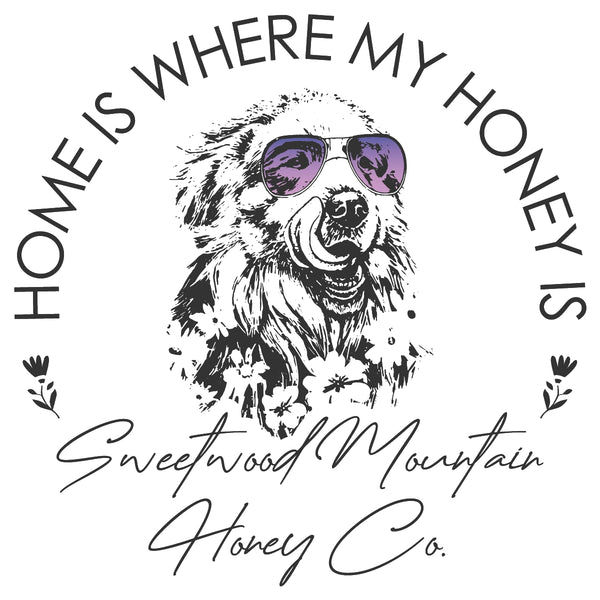When you grab that cute little bear-shaped honey bottle off the grocery store shelf, you might think you're getting a sweet deal. But here's the harsh truth: most of that honey isn't what you think it is. Cheap grocery store honey—often imported, poorly regulated, and even faked—has more in common with corn syrup than it does with real honey.
What’s Really in That Cheap Honey?
Ever noticed how cheap honey tends to taste like... well, sugar? That’s because much of it *is* sugar. Many mass-market honey brands, especially those with suspiciously low prices, have been found to be adulterated with cheap sweeteners like high fructose corn syrup or rice syrup. These fillers stretch the honey further, giving producers a higher profit margin while leaving you with a product that's more 'liquid sugar' than honey.
But it doesn’t stop there. Cheap honey is usually pasteurized and ultra-filtered, which strips away most, if not all, of its remaining nutrients.
Real, raw honey is a natural superfood packed with antioxidants, vitamins, and enzymes that benefit your health. The stuff in those plastic bears? Not so much. Once pasteurized and filtered, it’s nothing more than sweet, empty calories.
Imported and Unregulated
One of the biggest problems with cheap honey is where it comes from. Many grocery store brands are imported from countries with loose regulations on food quality and safety. In some cases, the honey isn't even honey—it's been so heavily cut with other sugars or diluted that it barely qualifies. Worse, it may contain traces of antibiotics, pesticides, or other contaminants that wouldn’t pass muster under stricter U.S. or Canadian regulations.
Honey is one if the most faked foods in the world.
Some other countries have been flagged for selling counterfeit honey, often trans-shipping it through other countries to dodge tariffs and import bans. This 'honey laundering' creates a major quality issue. By the time it reaches your table, you’re getting a product that's been through so many processes and additives that it barely resembles honey at all.
The Problem with Plastic Bears
We’ve all seen them: those irresistibly cute bear-shaped bottles. But don’t be fooled by the packaging. Plastic containers, especially the thin, inexpensive ones used for cheap honey, can leach harmful chemicals into the honey, especially when exposed to heat or sunlight. And let’s not forget the environmental impact. Single-use plastic bottles contribute to our growing pollution problem, which is ironic considering honeybees are already facing massive environmental threats.
Why Raw Honey is Worth the Extra Cost
Yes, raw honey is more expensive, but there’s a reason for that. Pure, raw honey is unfiltered and unpasteurized, meaning it retains all the natural goodness nature intended. It’s packed with enzymes, antioxidants, and nutrients that benefit your health in ways cheap honey never will. Plus, the taste!!!! Raw honey has a richer, more complex flavor profile—it's not just sweet, it's floral, earthy, and sometimes even fruity, depending on the flowers the bees visited. Just like wine, honey tastes different from one hive to the next, one season to the next, and one location to the next.
Real, committed honey producers take care to ensure that bees are treated well and that the honey is harvested sustainably. They don’t cut corners or dilute their product with cheap additives. When you pay a little more for raw honey, you're not just paying for better taste and health benefits; you're also supporting ethical, sustainable practices that protect bees and their habitats.
The bottom line?
Cheap grocery store honey is often just a bottle of sugary syrup hiding behind a bear-shaped smile. If you care about what you’re putting into your body—and the health of the planet—opt for pure, raw honey. It might cost a bit more, but the benefits far outweigh the extra dollars. You’ll get a better-tasting, healthier product while supporting sustainable beekeeping practices.
So, next time you're at the store, skip the cute plastic bear. Instead, reach for raw honey from a trusted producer. Your body (and the bees) will thank you.

